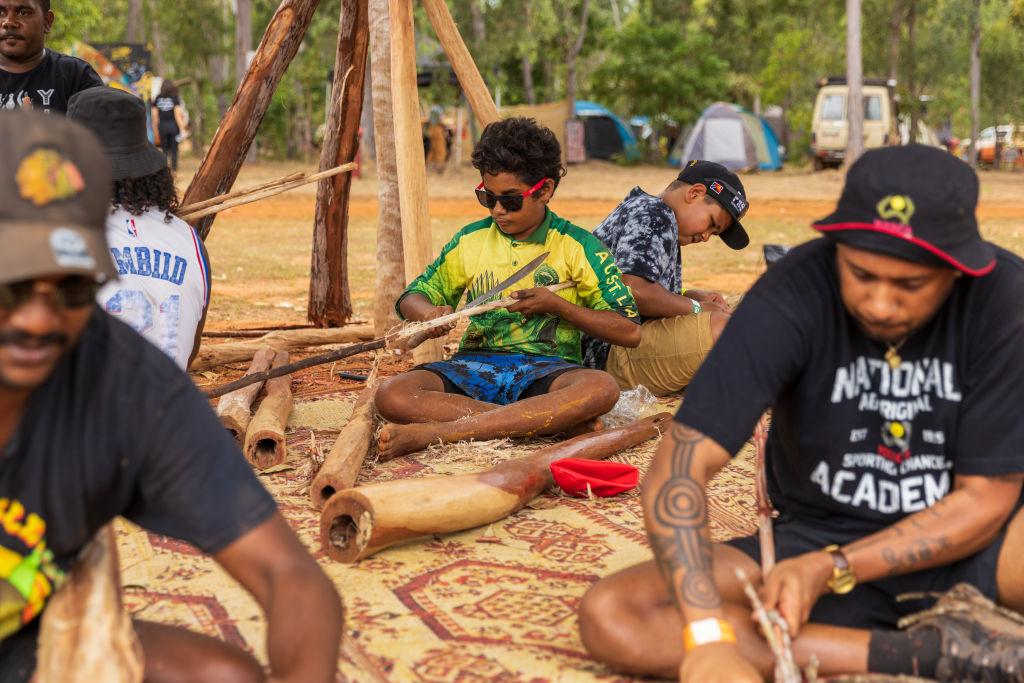Two Aboriginal men have clashed over which clan had the right to hold a traditional Indigenous smoking ceremony at the opening of a major highway in Western Australia.
The incident comes as Australians prepare to vote on a national referendum on whether to change the country’s Constitution to include greater recognition of Aboriginal interests.





